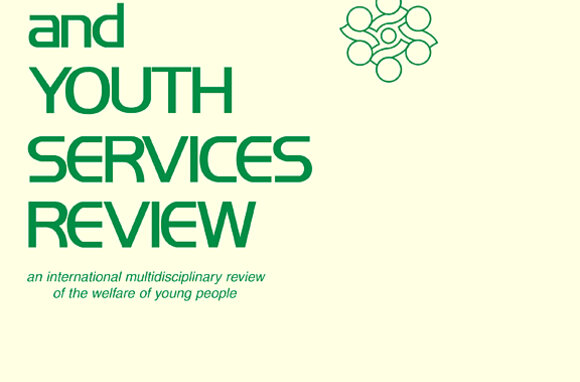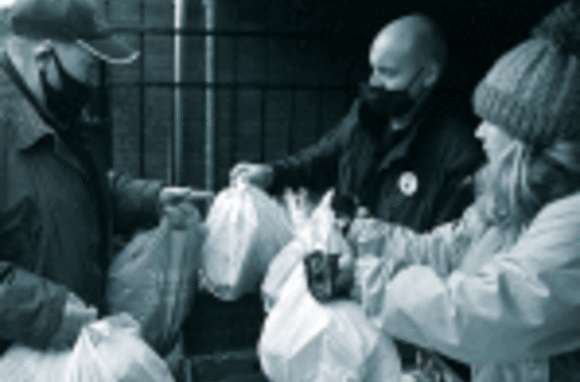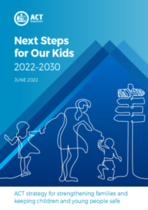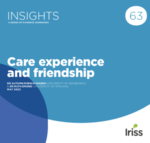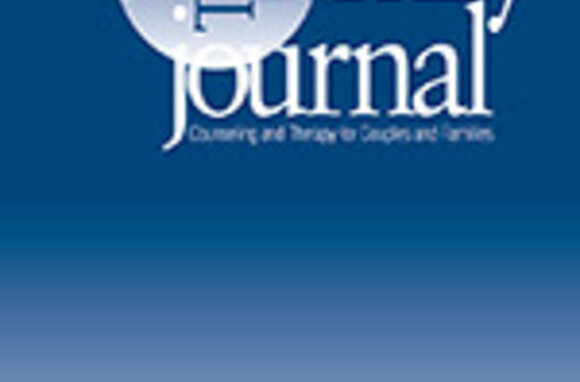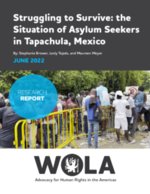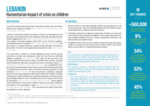Youth in Residential Facilities: “Am I Safe?,” “Do I Matter?,” and “Do You Care?”
Several youth facilities have devoted considerable resources to improving the quality of practice and the interest in understanding the safety needs of youth in residential care has grown. However, there is limited research that considers how youth in residential facilities themselves define and experience safety, what their safety concerns are, and how they would like systems and staff to respond to their needs. Therefore, this current study investigated youth perceptions of safety in residential facilities in Norway and their experiences of and reaction to staff behaviors and attitudes.


